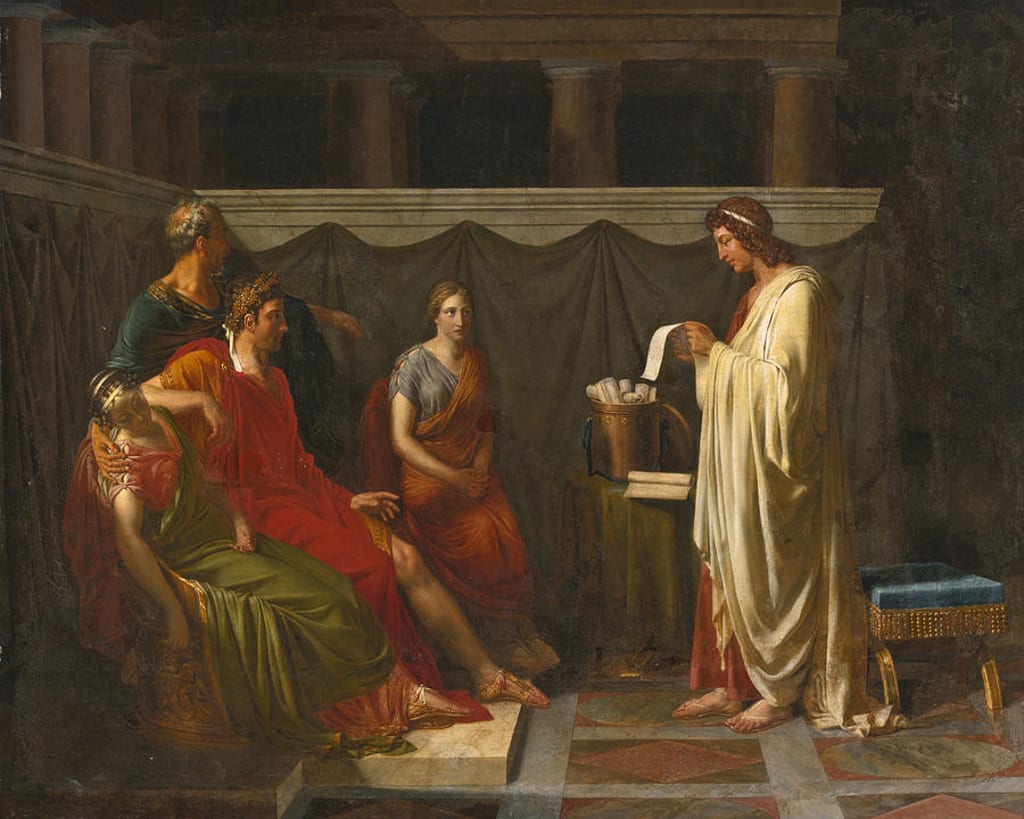


Later generations of Romans considered his works a font of human knowledge, from rhetoric to ethics to agriculture by the Middle Ages, the poet had come to be regarded as a wizard whose powers included the ability to control Vesuvius’s eruptions and to cure blindness in sheep. A friend and confidant of Augustus, Rome’s first emperor, Virgil was already considered a classic in his own lifetime: revered, quoted, imitated, and occasionally parodied by other writers, taught in schools, and devoured by the general public. Its author, after all, was the greatest and the most influential of all Roman poets. The adjective vergilianae, which means “having to do with Vergilius,” identifies the book: the works of the Roman poet Publius Vergilius Maro, whom we know as Virgil.įor a long stretch of Western history, few people would have found it odd to ascribe prophetic power to this collection of Latin verse. The Latin noun sortes means lots-as in “drawing lots,” a reference to the game’s element of chance. What was the book, and why was it taken so seriously? The answer lies in the name of the game: sortes vergilianae.

Through the centuries, others sought to discover their fates in this book, from the French novelist Rabelais, in the early sixteenth century (some of whose characters play the game, too), to the British king Charles I, who, during the Civil War-which culminated in the loss of his kingdom and his head-visited an Oxford library and was alarmed to find that he’d placed his finger on a passage that concluded, “But let him die before his time, and lie / Somewhere unburied on a lonely beach.” Two and a half centuries later, as the Germans marched toward Paris at the beginning of the First World War, a classicist named David Ansell Slater, who had once viewed the very volume that Charles had consulted, found himself scouring the same text, hoping for a portent of good news.


 0 kommentar(er)
0 kommentar(er)
